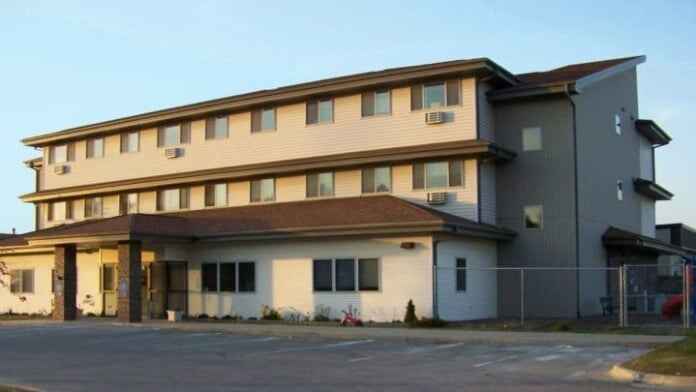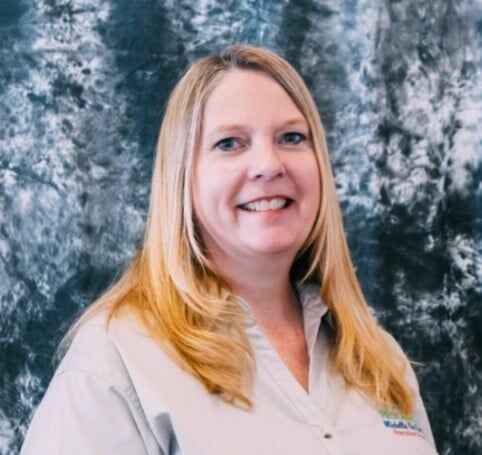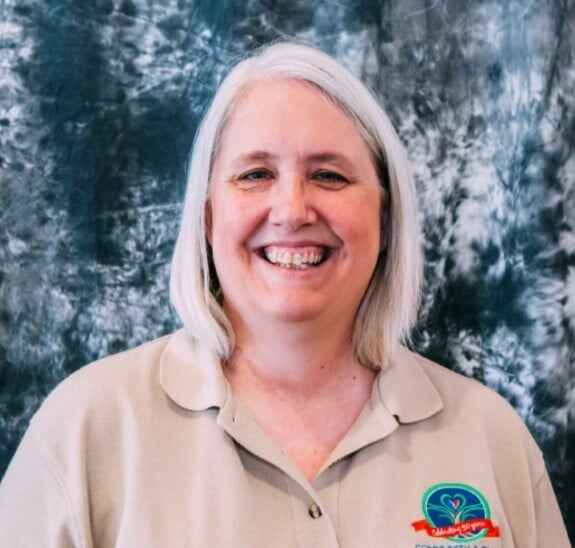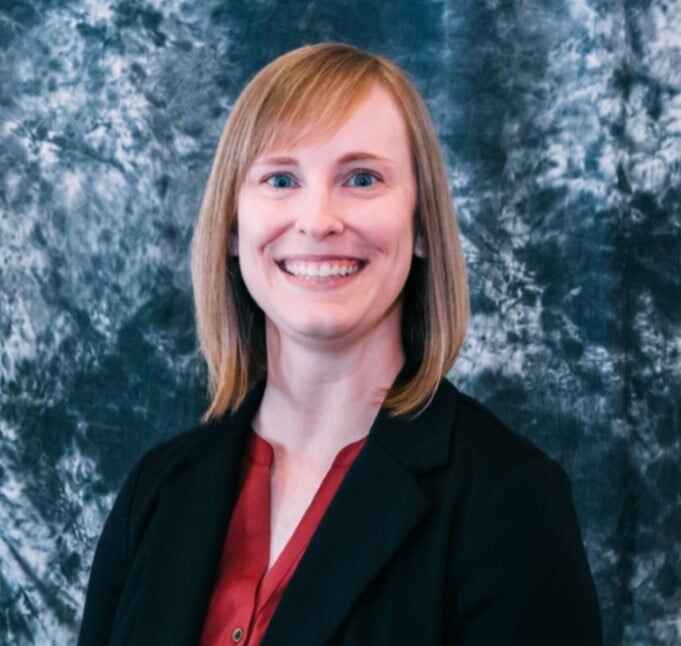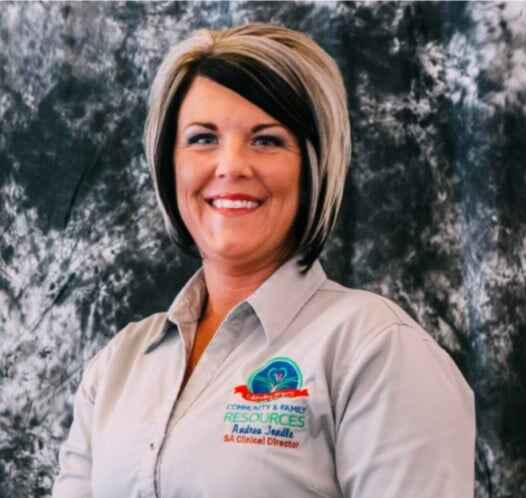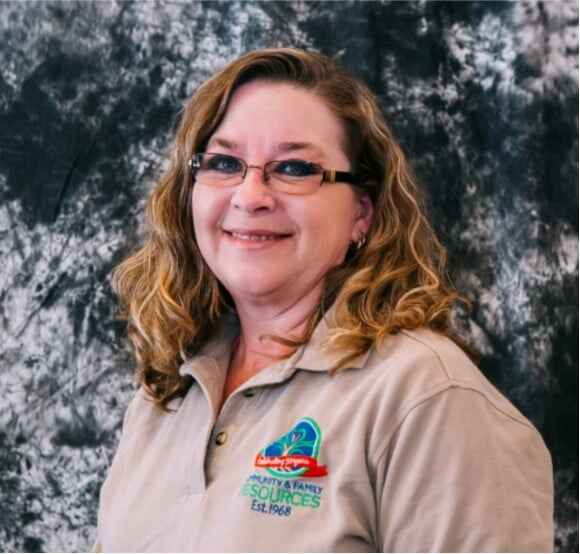About Community & Family Resources – Fort Dodge
Prelude Behavioral Services – Synchrony is located in Coralville, Iowa, and provides recovery services to individuals and families who are navigating a substance use addiction or a co-occurring mental health struggle. You’ll find same day support, treatment through outpatient programs, recovery housing, transitional housing, and a range of other programs and supports.
As a community based organization, they provide access to a range of treatment options that will help guide your sobriety. With such robust wraparound services, recovery does not have to feel overwhelming or isolating.
The mission and vision behind this community organization are rooted in evidence based practices, but the staff and medical teams also recognize the importance of having family support you as you navigate recovery. To mitigate relapse, family encouragement and understanding through family therapy is one avenue you can turn to. If you’re lacking that family safety net, you’ll find that support through peer led counseling, specialized therapy, and other programs offered here. Recovery is possible for all individuals, and the quality care and dedicated staff here can help you build healthy habits for lasting sobriety.
